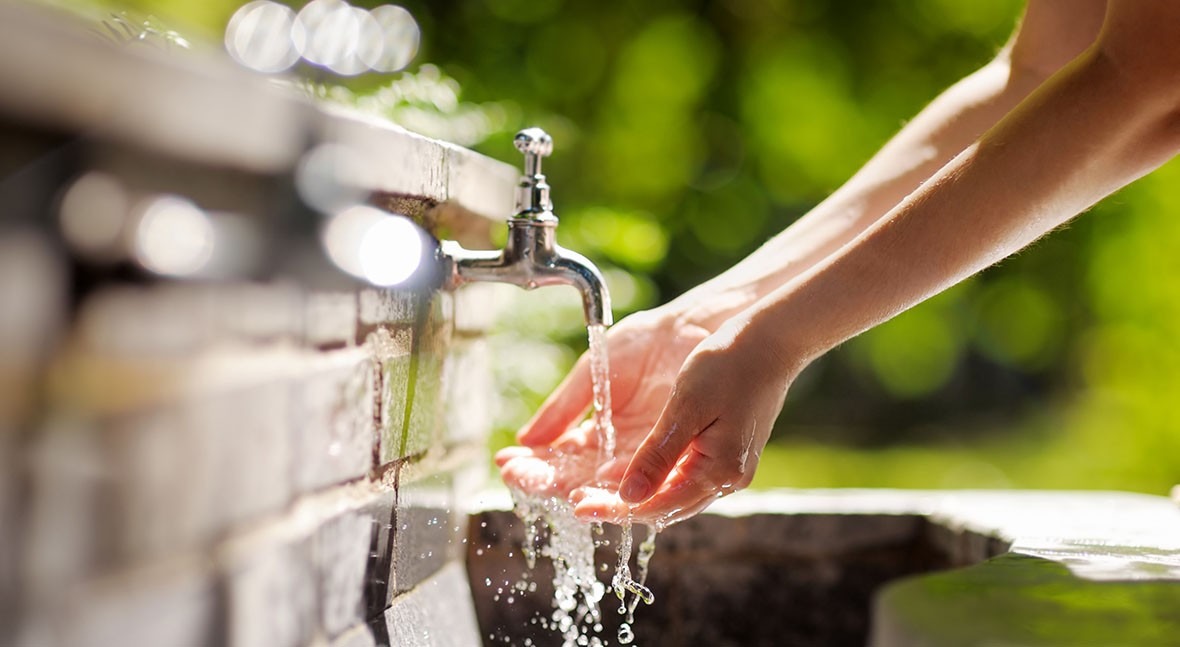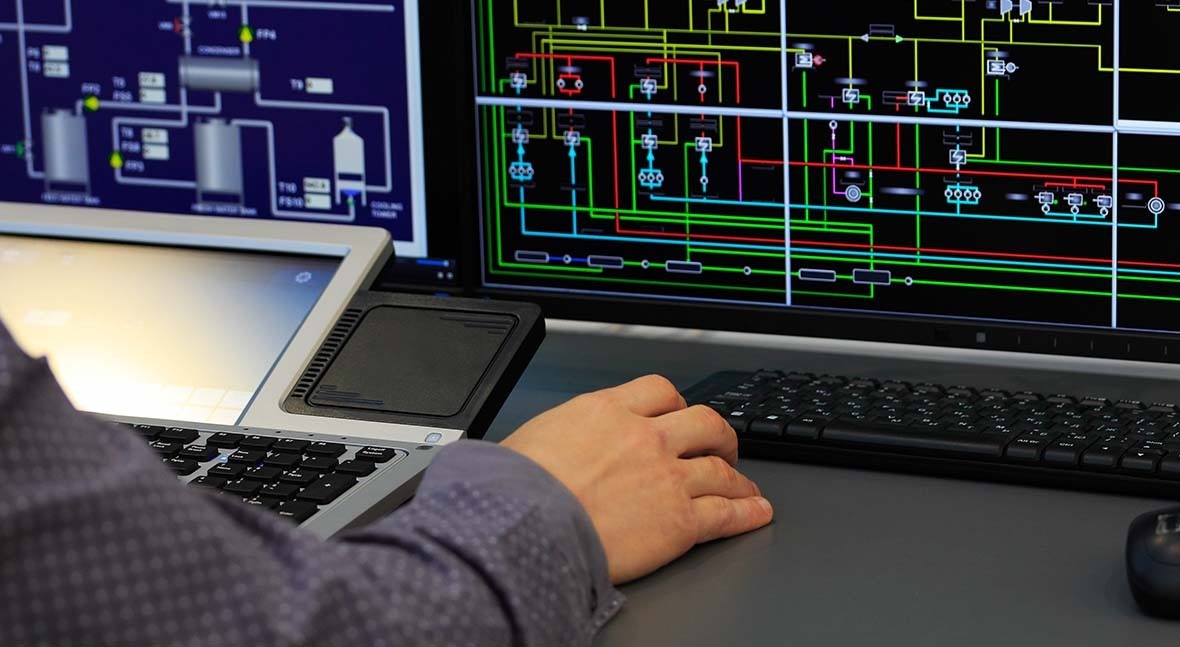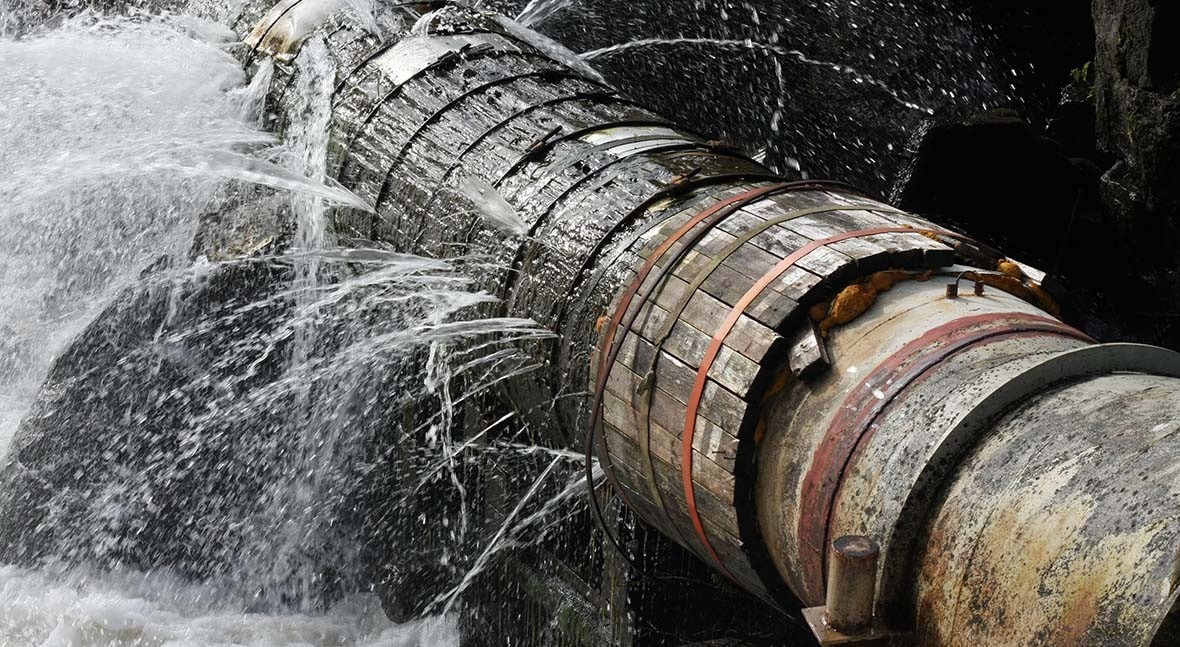"By teaming up with Xylem, utilities gain access to a comprehensive set of tools to address NRW"

Non-revenue water (NRW) means lost water and lost money. In this interview, Michele Samuels, Strategic Account Manager at Xylem, discusses the significance of this problem, and how Xylem works with utilities to identify the source of non-revenue water and provide a solution to reduce it.
Utilities are facing a long list of challenges, including the effects of climate change, ageing infrastructure, providing quality water to a growing population and limited budgets, etc. Do you think tackling non-revenue water should be a priority? And if so, why?
Yes, non-revenue water should be a priority. It is important to minimize revenue loss associated with leaks, faulty metering and inefficient business processes. Having the ability to source and correct these issues will improve revenues, which can then be applied to capital rehabilitation, asset condition assessment and maintenance, while reducing the need to raise water rates. Today’s utilities need to work smarter to increase efficiency and deliver services effectively.
Since energy is used in water distribution, each gallon lost due to a leak results in energy wastage and the emission of CO2. When reporting NRW, do you think we should start reporting it not only in the standard dollars and gallons, but also in CO2? Do you think this could promote funding to increase NRW management?
Some jurisdictions have aggressive targets for CO2 reduction and may also provide government funding for programs associated with CO2 reduction. So, the ability to correlate these very important issues provide utilities with the “double whammy” of meeting greater social needs while also improving their own operations and financial performance.
Today’s utilities need to work smarter to increase efficiency and deliver services effectively.
Communities are also more aware of environmental concerns and are increasing their activities/engagement. The added benefit of improved community support helps to educate Boards and Councils who are responsible for budget allocations and approvals.
What innovative technologies and solutions does Xylem offer to help water utilities reduce non-revenue water losses?
Xylem Vue powered by GoAigua has the ability to integrate all data, from any source
The first step is awareness. That entails knowing where are the losses, which are most critical to correct, and where will we see the greatest payback in investment the quickest.
Xylem Vue powered by GoAigua allows utilities to integrate all data, from any source, for a complete view of their water network. It is important to get as much available information as possible, and then to leverage all data currently in play and identify data gaps that will help to bring more focus to issue identification and solutions.
Xylem’s digital solutions enable utility leaders and operators to carry out meter analysis and assess criticality, for the identification of leaks in the water network. Sensus products include smart meters and communication structure for AMI, while Pure Technologies provide network condition assessments to help identify condition and leak locations. This is important information for planning rehabilitation vs. replacement and prioritizing maintenance activities.
What long-term benefits can water utilities expect to achieve by partnering with Xylem to address NRW, and how can it contribute to sustainable water management?
By partnering with Xylem, utilities have at their disposal a brilliant suite of tools, products and services to identify and correct issues with NRW. Xylem offers end to end solutions and a full package to help address NRW challenges.
I believe more and more utilities will adopt digital solutions, smart meters and AMI programs
Furthermore, our experienced and knowledgeable staff, which includes former utility leaders and managers, understand the day-to-day challenges of operating a utility. The GoAigua solution was born from utility data management challenges.
Looking forward, what will non-revenue water look like in the next five years?
I believe more and more utilities will adopt digital solutions, smart meters and AMI programs. The existing data jungle is the highest untapped resource in many utilities, and once the benefits begin, they expand across operations, networks, and communities.
With more tools available to utilities to manage NRW, we also expect regulators to continue to expect improved performance – something which could result in more stringent regulation.
I expect leading utilities to lead the charge – by sharing their stories they will encourage more utilities to introduce digital solutions and apply data-based decision support into their financial and operating processes.




